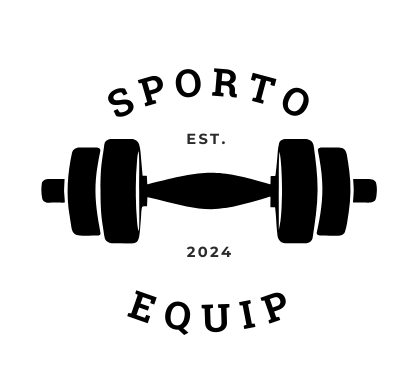When it comes to post-workout recovery, most people immediately think of protein shakes and electrolyte replenishment. However, there’s another crucial element that often goes overlooked: fibre. While fibre is commonly associated with digestive health, it plays a significant role in muscle recovery and overall fitness. Incorporating fibre supplements into your regimen can enhance your recovery and reduce muscle inflammation. Let’s explore how fibre contributes to muscle recovery and why it should be considered one of the best supplements for muscle recovery.
Understanding Fiber and Its Benefits
Fiber is a type of carbohydrate that the body cannot digest. It passes through the digestive system, aiding in the movement of food and waste. There are two types of fiber: soluble and insoluble. Soluble fiber dissolves in water and helps to lower glucose levels and blood cholesterol. Insoluble fiber does not dissolve in water and helps food move through the digestive system, promoting regularity and preventing constipation.
While these benefits are widely known, fiber’s impact on muscle recovery is often underestimated. Post-workout, the body undergoes various processes to repair and build muscle tissues. This period is critical for reducing muscle inflammation and soreness. Here’s how fiber comes into play.
Fiber and Muscle Recovery
- Reduced Muscle Inflammation One of the key benefits of fiber supplements in muscle recovery is their ability to reduce muscle inflammation. After intense workouts, muscles can become inflamed due to micro-tears that occur during exercise. Fiber helps by promoting a healthy gut microbiome, which is essential for reducing systemic inflammation. A balanced gut flora supports the production of short-chain fatty acids, which have anti-inflammatory properties.
- Enhanced Nutrient Absorption For muscle recovery, it’s vital that your body efficiently absorbs nutrients from the food and supplements you consume. Fiber aids in slowing down the digestive process, allowing for better absorption of nutrients, including protein and amino acids, which are crucial for muscle repair. This ensures that your muscle recovery supplements work effectively.
- Improved Digestive Health Good digestive health is foundational for overall wellness and effective recovery. Fiber helps prevent digestive issues like constipation and bloating, which can be uncomfortable and hinder your recovery process. A healthy digestive system ensures that your body can focus on repairing muscles rather than dealing with gastrointestinal discomfort.
Additionally, incorporating fiber into your diet can have positive effects on long-term muscle health and overall fitness performance. Regular fiber intake supports sustained energy levels by stabilizing blood sugar, which can prevent the energy crashes that often follow intense workouts. This stabilization helps in maintaining endurance during physical activities, allowing for longer and more effective training sessions. Furthermore, a diet rich in fiber is linked to better weight management, which is crucial for athletes and fitness enthusiasts aiming to maintain optimal body composition. By keeping you feeling full longer, fiber can help control appetite and reduce the likelihood of overeating, thereby supporting a healthy weight and body fat percentage. Therefore, making fiber a consistent part of your nutritional strategy not only enhances immediate post-workout recovery but also contributes to overall athletic performance and long-term health.
Incorporating Fiber Supplements into Your Routine
Adding fiber supplements to your post-workout regimen is straightforward. These supplements come in various forms, including powders, capsules, and even gummies. When choosing a fiber supplement, look for those that are specifically designed for fitness enthusiasts. These products often combine fibre with other beneficial ingredients to support muscle recovery.
Explore the top-rated fibre supplements on Amazon by clicking here.
Here are some tips for integrating fibre supplements:
- Start Slow: If you’re new to fibre supplements, begin with a small dose to allow your body to adjust. Gradually increase the dosage as your body adapts.
- Stay Hydrated: Fiber works best when you are well-hydrated. Ensure you drink plenty of water throughout the day to aid the digestive process.For more on enhancing your post-workout recovery, read our article on “Hydration and Electrolyte Replenishment: Keys to Efficient Post-Workout Recovery” here.
- Combine with Protein: For optimal muscle recovery, consider combining your fiber supplement with a protein shake. This combination can help in better nutrient absorption and faster muscle repair.
Conclusion
Fibre is a powerful yet often overlooked component of muscle recovery. By incorporating fiber supplements into your post-workout routine, you can reduce muscle inflammation, enhance nutrient absorption, and improve overall digestive health. As you explore the best supplements for muscle recovery, don’t forget the crucial role that fibre plays in helping your body heal and strengthen after intense workouts. Make fibre a part of your recovery strategy, and experience the difference it can make in your fitness journey.



